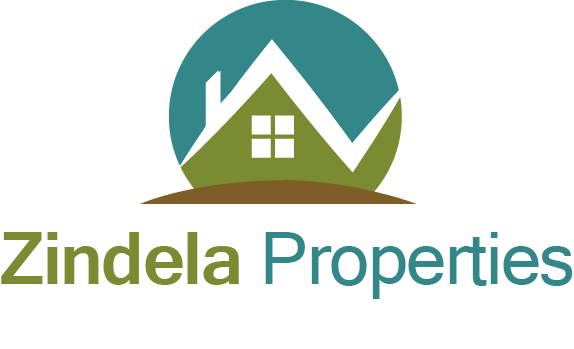
When it comes to finding a place to call home, the decision between renting and buying is one many of us will face. Both options come with their own set of advantages and disadvantages, and the right choice depends on your personal circumstances, financial situation, and long-term goals. Let’s dive into the pros and cons of each to help you make an informed decision.
Renting: Flexibility and Freedom #
Pros:
- Flexibility: Renting offers unparalleled flexibility. Lease terms can range from month-to-month to a year or more, allowing you to move freely as your life circumstances change without the hassle of selling a property.
- Minimal Maintenance Responsibilities: Typically, landlords are responsible for maintenance and repairs. This means you won’t have to worry about fixing the leaky faucet or mowing the lawn, saving you time and potentially money.
- Lower Upfront Costs: Renting usually requires a security deposit and first month’s rent, which is significantly less than the down payment needed to buy a house.
Cons:
- No Equity: The biggest downside to renting is that your monthly payments don’t contribute to building equity. Essentially, you’re paying someone else’s mortgage.
- Rental Increases: Rent can increase over time, subject to market conditions and landlord discretion. This lack of control over your long-term housing costs can be a significant drawback.
- Restrictions: Rentals often come with restrictions, such as limitations on pets, renovations, and even certain types of decorating. This can make it hard to feel like your rental is truly your home.
Buying: Investment and Stability #
Pros:
- Building Equity: When you buy a house, your monthly mortgage payments go toward owning a larger piece of the property. Over time, building equity can increase your net worth.
- Stability and Control: Owning your home provides a sense of stability. You’re not subject to rent increases or the possibility of being asked to move when your lease is up. Plus, you have the freedom to customize your space to your heart’s content.
- Potential for Appreciation: Real estate typically appreciates over time, meaning your home could be worth more in the future than what you paid for it, making it a good long-term investment.
Cons:
- Upfront and Ongoing Costs: Buying a home requires a substantial upfront investment, including a down payment, closing costs, and other fees. You’ll also be responsible for ongoing costs like property taxes, insurance, maintenance, and potentially homeowners association (HOA) fees.
- Maintenance Responsibilities: As a homeowner, you’re responsible for all maintenance and repairs. This can be time-consuming and costly, especially for unexpected issues.
- Less Flexibility: Selling a home can be a lengthy and complex process, offering less flexibility if you need or want to move. Market conditions can also impact your ability to sell quickly or for a profit.
Making Your Decision #
The choice between renting and buying is deeply personal and depends on several factors, including your financial situation, lifestyle, and long-term goals. Here are a few considerations to help guide your decision:
- Financial Readiness: Assess your current financial situation, including your savings, income, debts, and credit score. Buying a home typically requires a stable income and good credit to secure a favorable mortgage rate.
- Lifestyle Preferences: Consider how much value you place on stability versus flexibility. If you’re not sure where you’ll be in a few years or you prefer not to deal with the maintenance and commitment of homeownership, renting might be the better option.
- Long-Term Goals: Think about your long-term financial and personal goals. If building equity and investing in your future is a priority, buying a house could be a wise decision. However, if you’re focused on saving for other goals or enjoy the freedom to move easily, renting might suit your needs better.
Conclusion #
Whether you decide to rent or buy, the most important thing is that your home meets your needs, aligns with your financial situation, and supports your long-term goals. By carefully weighing the pros and cons of each option, you can make an informed decision that’s right for you. Remember, there’s no one-size-fits-all answer, and what works for someone else may not be the best choice for you. Whichever path you choose, make it one that leads to happiness and security in your home life.




